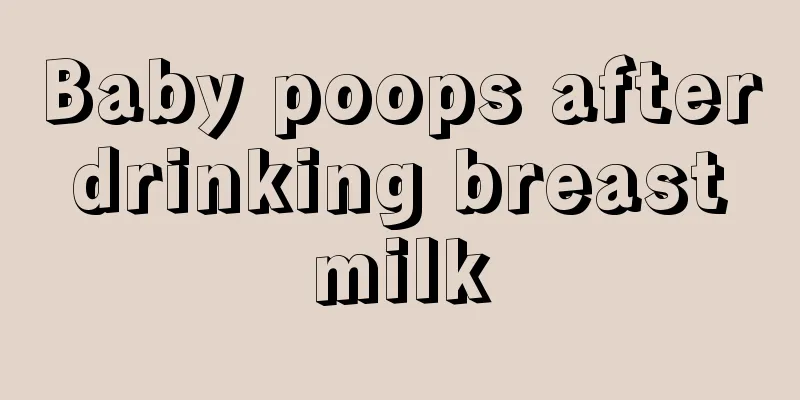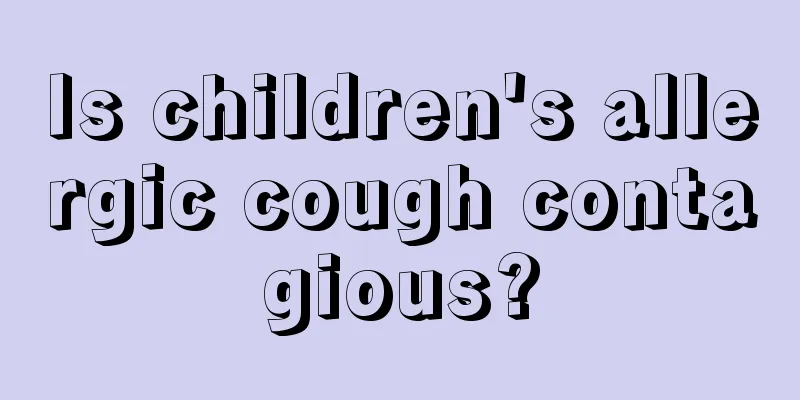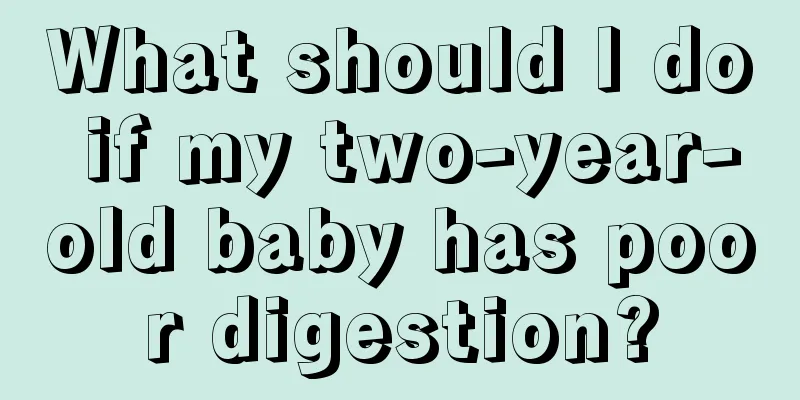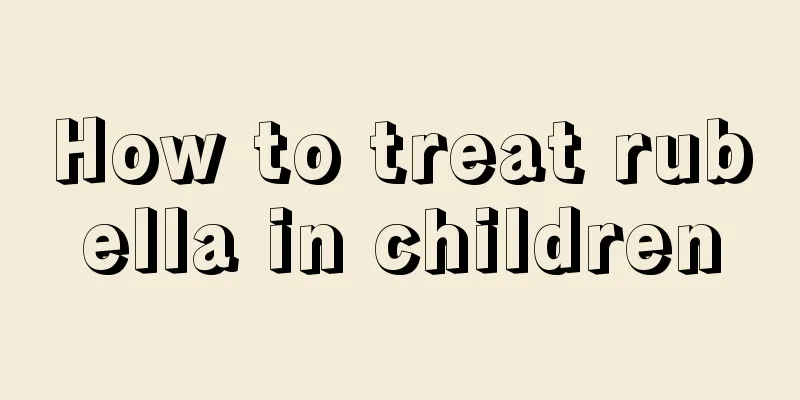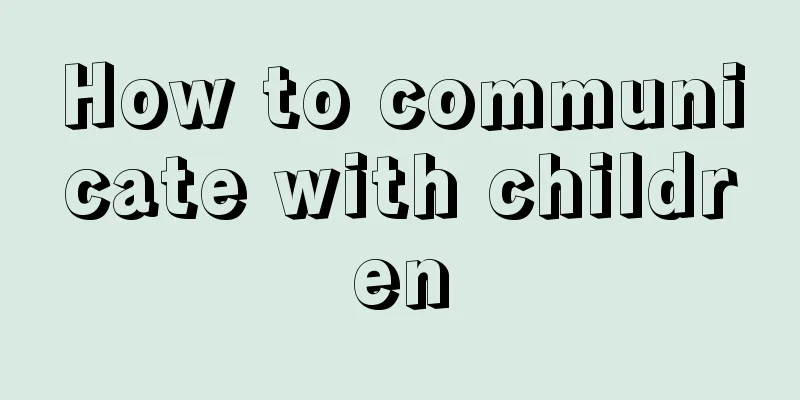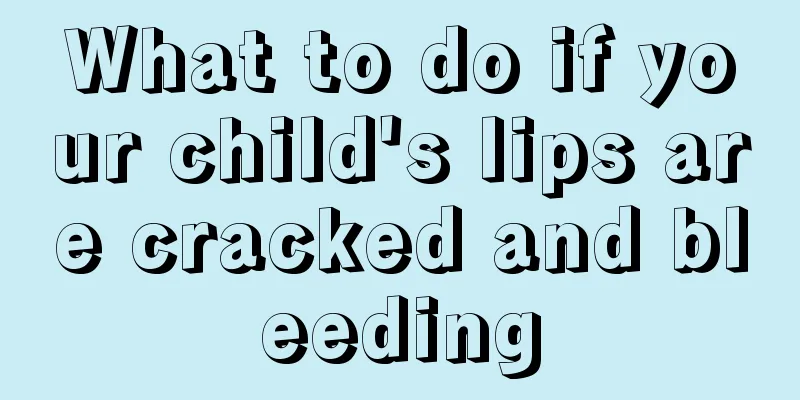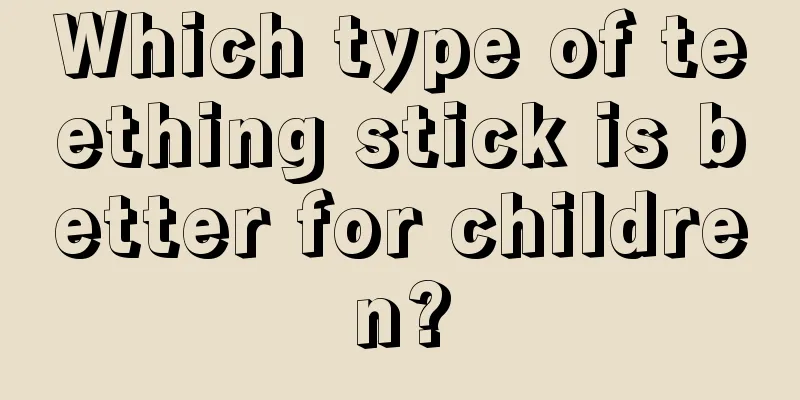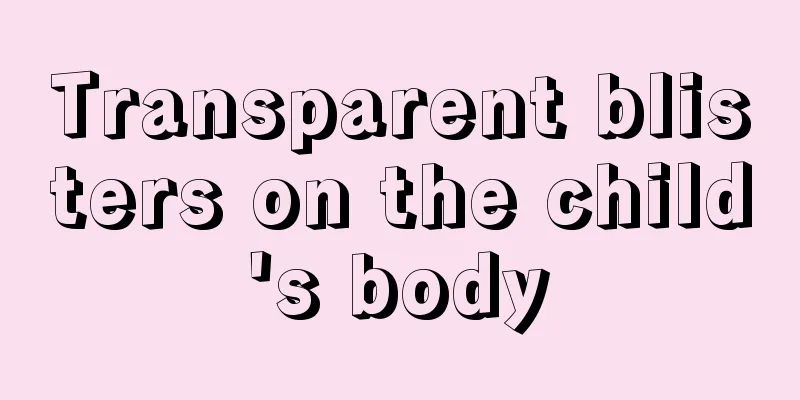Do all children's baby teeth need to be replaced?
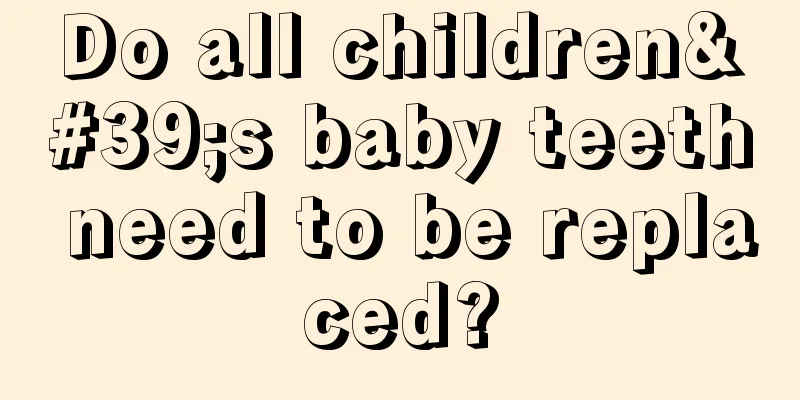
|
Deciduous teeth are teeth that exist in childhood. When the baby reaches a certain stage, the deciduous teeth will gradually be replaced by permanent teeth. After the teeth are replaced, they will basically not be replaced again, and even if they are damaged, they will not grow again. Baby teeth are usually replaced. However, during the period of tooth replacement, the following adverse conditions may also occur and need to be dealt with in a timely manner! 1. Retention of deciduous teeth Normally, at the age of 6 to 7, the deciduous central incisor (central front tooth) of the mandible begins to shake and fall out, and soon the permanent central incisor grows in its place; at the same time, the first molar grows behind the second deciduous molar. The phenomenon of deciduous teeth not falling out when they should is called retained deciduous teeth. (1) The main causes are: ① misalignment of permanent tooth germ; ② local inflammation; ③ loss of permanent tooth germ. (2) Treatment: Retained teeth that have erupted but have not yet fallen out should be extracted as soon as possible to avoid affecting the eruption of permanent teeth in the normal position. If the deciduous teeth have not fallen out and the permanent teeth have not erupted after the age of tooth replacement, do not extract them easily. If the permanent teeth are congenitally missing, the deciduous teeth should be retained as much as possible. 2. Early loss of deciduous teeth The loss of deciduous teeth before they should fall out is called premature loss of deciduous teeth. This often causes the adjacent teeth on both sides to tilt toward the gap between the missing teeth, making the gap between the missing teeth smaller and causing the permanent teeth to erupt out of place due to insufficient space. A gap maintainer should be worn in the gap between deciduous teeth to prevent the teeth on both sides from tilting until the permanent teeth erupt. 3. Difficulty in eruption of permanent teeth When permanent teeth fail to erupt after the period of tooth replacement, it is called delayed eruption of permanent teeth. The main reasons are: ① Early loss of deciduous teeth; ② Supernumerary teeth; ③ Obstruction of odontoma or cyst; ④ Abnormal development of permanent teeth themselves; ⑤ Genetic factors; ⑥ Calcium deficiency. 4. Misaligned teeth Temporary misalignment of bite sometimes occurs during the period of tooth replacement, but it will often adjust itself back to normal during the process of tooth development. Some malocclusions cannot be adjusted by themselves, which will affect facial development and should be treated in the hospital. 5. Double teeth The permanent teeth come out before the deciduous teeth fall out, causing the teeth to be arranged in two rows, front and back. This is not uncommon and is most likely caused by the failure of the primary tooth roots to fully resorb. Your child should be taken to the hospital as soon as possible to remove retained deciduous teeth to make room for the permanent teeth to erupt. |
<<: Do I need to fill my decayed baby teeth?
>>: Precautions for extracting baby teeth in children
Recommend
Why does my 20-day-old baby not sleep?
Why doesn’t a 20-day-old baby sleep? A 20-day-old...
Symptoms of medulloblastoma in children, be alert after reading this!
After the baby is born, a detailed physical exami...
What causes low blood pressure in children?
People often suffer from low blood pressure. Thos...
How to adjust the baby's sleeping head shape
Generally speaking, the decisive period of a pers...
What are the reasons for nine-month-old babies to vomit?
Vomiting is a common symptom of pediatric disease...
Why is it that my baby has only one tooth?
As the baby grows, the nutrients accumulated in t...
What should I do if my child is prone to prickly heat?
Sweating is the main way for people to dissipate ...
What is the reason for the two-year-old baby's yellow hair?
The physical health of the baby is the most impor...
Three-month-old baby development indicators
I don’t know if you are familiar with the rules o...
How old is the baby?
"Holding back the bowel movement" is a ...
Treatment of cough and runny nose in eight-month-old baby
We all know that many people have experienced eig...
What should I do if children cough in the evening or morning?
Children are prone to coughing at night and in th...
Why does the baby always cry when sleeping at night?
Babies often cry when they sleep at night, and ma...
Febrile seizures in children
Fever can cause many diseases. For example, long-...
Symptoms of pneumonia in a two-month-old baby
Nowadays, many two-month-old babies are prone to ...
